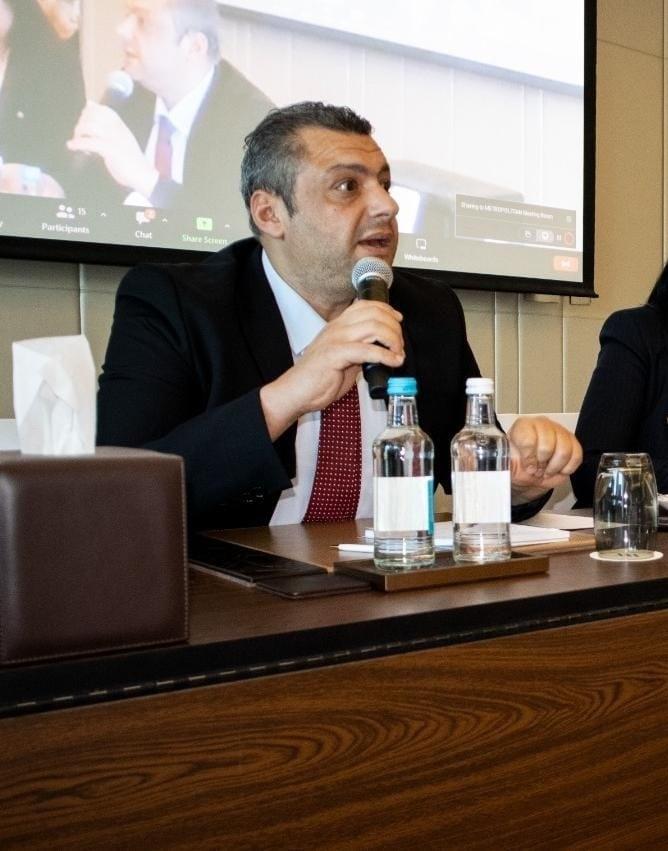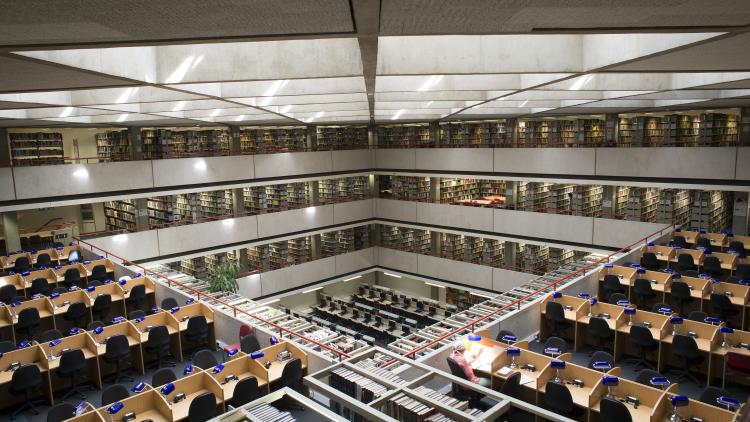
Islamic Law is ‘Law’


Key information
- Date
- Time
-
5:30 pm to 6:30 pm
- Venue
- Zoom
- Event type
- Virtual/online
About this event
Speaker: Judge Maged Shebaita (LLM, PhD)
Abstract:
There is a very hot debate about the nature of Islamic law. This debate is not only limited to academia but also extends to court and arbitral tribunal decisions. Many scholars, particularly in the West, do not recognise Islamic law as ‘law’. Their arguments are based on three main points, which are:
i) Islamic law is merely a religious and divine law; accordingly, it cannot be applied by secular forums. Some of them go further and do not consider Islamic law as ‘law’, but merely ‘ethical rules’.
ii) Islamic law is primitive; therefore, it does not contain any principles that can be used to effectively solve the problems posed by modern economic, technological, and social conditions.
iii) Islamic law is not a positive law and is not issued by legislatures; consequently, it is vague and uncertain.
On the contrary, other scholars view that Islamic law is ‘law’ and must be applied by Western forums, reiterating the previous opinion.
This controversy has echoed in the forum’s decisions, as some of them reject the application of Islamic law. Whilst, others apply it. In this lecture, I will examine the nature of Islamic law and answer the question ‘Is Islamic law a law?’
Speaker Bio:
Maged Shebaita is the Chief Justice of the Egyptian Administrative Court of Appeal and former member of the Constituent Assembly which drafted 2012 Constitution. He is an international arbitrator for CRCICA, LCIA ,IICRA and CIarb.
Judge Shebaita obtained 2 PhDs from Cairo University, in Public law and Islamic law respectively. He has also completed an LLM at University College London and is currently completing a PhD at SOAS University of London.



